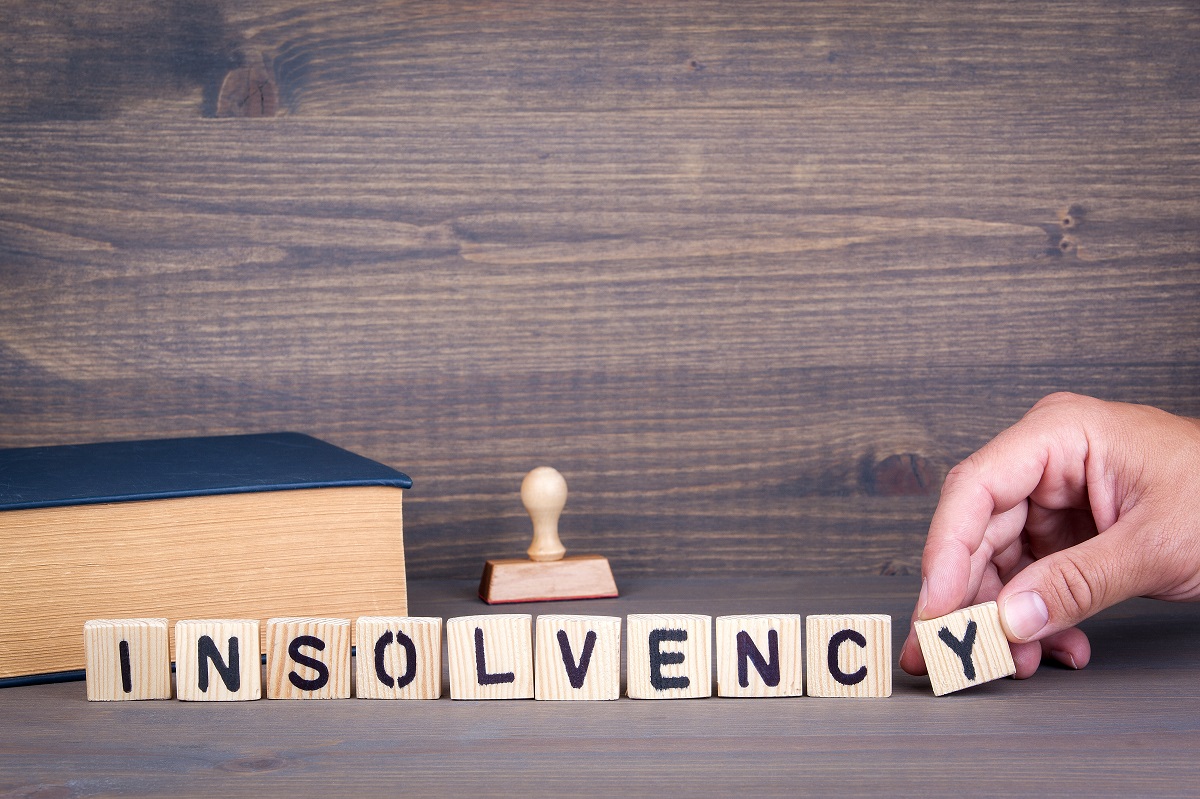Examine This Report on Insolvency Practitioner
Table of ContentsInsolvency Practitioner Fundamentals ExplainedGet This Report about Insolvency PractitionerSome Ideas on Insolvency Practitioner You Should KnowThe Of Insolvency PractitionerThe Ultimate Guide To Insolvency Practitioner
Whether you need to use a bankruptcy professional (IP) to liquidate your company depends upon different elements. While engaging a bankruptcy expert for all types of liquidation is not a legal demand, doing so can usually simplify the process and make sure conformity with lawful needs. Liquidating a company is a vital choice that includes substantial consequences.
It is a procedure used when a business does not have any type of financial institutions, or all of their lenders can be settled completely with legal passion. Recognizing the various sorts of insolvency procedures can aid you identify the very best strategy for your business's liquidation or other official insolvency procedures itself.
This is mandatory in order to stick to legal requirements - Insolvency Practitioner. This is due to the fact that IPs have the required certifications and experience to make sure that the liquidation procedure is carried out in conformity with all relevant regulations and guidelines. By involving a licensed bankruptcy specialist, you can have comfort understanding that your company's liquidation process will be taken care of skillfully and in conformity with the relevant lawful requirements
Insolvency Practitioner for Beginners
The insolvency professional is selected as a liquidator and is liable for managing the firm and liquidator's financial debts superior responsibilities and properties. This process entails liquidating the firm's assets and distributing the proceeds to lenders. Upon conclusion of the process, the business is eliminated from the register at Firms Residence.
Stopping working to do so can lead to individual obligation for the company or director for the creditor's debts. Volunteer liquidation, which consists of Financial institutions' Voluntary Liquidation (CVL) and Participants' Volunteer Liquidation (MVL), is initiated by the firm's directors and shareholders when they can no much longer pay their financial debts. In a CVL, the insolvency professional is assigned as the liquidator, responsible for handling company financial debts and all firm possessions.

The 8-Minute Rule for Insolvency Practitioner
By assessing the proficiency and experience of prospective bankruptcy practitioners, you can make certain that you choose a practitioner who possesses the required certifications to handle your company's liquidation procedure effectively. While bankruptcy practitioner-led liquidation is typically the most appropriate strategy for business dealing with insolvency, there are alternative strategies to think about, such as striking off and partial liquidation.
It's important to evaluate all readily available alternatives before picking the next finest solution or strategy for your organization. Striking off business' signs up is a more simple and economical means to close dormant or tiny firms without debts or possessions. To strike off a company, its name is eliminated from the Companies House register by sending kind DS01.
Prior to opting for striking off, it's crucial to weigh the benefits and drawbacks of this technique and think about whether it's the best choice for your business. Partial liquidation is one more choice to insolvency practitioner-led liquidation, in which a business sells off certain possessions and liabilities while remaining to run with the continuing to be possessions and liabilities.
A Bankruptcy Professional will certainly have the ability to recommend you of the ideal course of action to take and ensure that everything runs smoothly. However, Your Domain Name it is not possible to sell off a business without a liquidator. Appointing an authorised bankruptcy professional is necessary for the procedure of volunteer liquidation to begin.
The smart Trick of Insolvency Practitioner That Nobody is Discussing
It is possible to shut and liquidate your company without making use of a liquidator, provided your company is solvent and you meet the eligibility demands to liquify or liquidate it. If your firm is insolvent, you might be needed to utilize a liquidator and begin official bankruptcy treatments. Below are a few other interesting write-ups relating to company liquidation in the UK:.
Remaining in a placement where you're incapable to pay your business's creditors is extremely demanding. In an attempt to avoid increasing the level of financial debt, several firms try to discuss directly with their financial institutions and agree to an informal arrangement. If the debt is fairly tiny and owed to one creditor, and the lender is being cooperative, participating in an informal financial obligation arrangement is possibly the best option, instead than searching the web for 'an insolvency practitioner near me'.
On the various other find more info hand, if there are multiple financial institutions and the level of financial debt is big, creditors might not be so ready or cooperative. To avoid liquidation or bankruptcy, it is better to work with a bankruptcy specialist to formulate official propositions and bargain with creditors in your place.
The 15-Second Trick For Insolvency Practitioner
Whilst it is a means to handle financial obligation, there are significant dangers involved with this sort of debt setup - Insolvency Practitioner. If a creditor is willing to become part of a casual plan (IA) wherein the borrower has actually consented to make normal, if reduced, settlements to pay off the financial obligation, it is very important to stick to the arrangement

For that reason, the creditor is within their legal rights to back out of the contract and application the courts for your firm to be liquidated at any time. A formal setup that has actually been suggested by an insolvency professional on your behalf, and agreed by a creditor, offers a much more secure alternative.